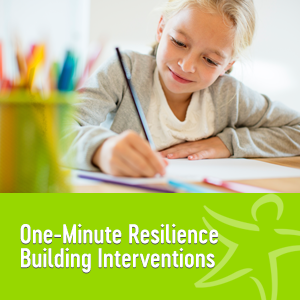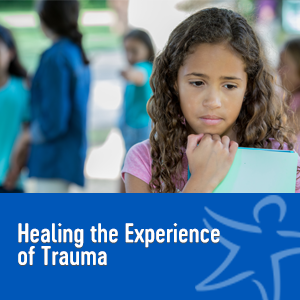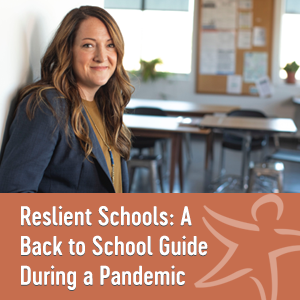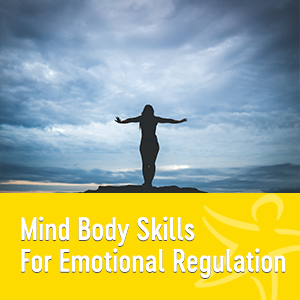What we can all use now is a little bit of hope! The new “now” is hard, it is confusing and it is unpredictable.
For the past couple of weeks we have talked about the Circle of Courage and a quest to provide resilience building and nurturing opportunities for practitioners, educators and the children in their care. We know experiences of belonging, mastery, independence and generosity are protective and healing. But, there is something I should have mentioned earlier: Hope.
Hope is the belief that your future can be better than your past and you play a role in making it – despite adversity. The science and power of hope as a driver for prevention and intervention is grounded in evidence-based research. To the extent that resilience remains a target, hope is the mindset that should serve as the “on ramp” or “driver” of resilient behavior. Increasing hope when stress is high deserves our primary focus as we aim for creating or enhancing resilience. The evidence is convincing that hope buffers stress and adversity, predicts important outcomes, and can be learned and sustained. These findings are consistent for both adults and children demonstrating that hope mitigates the negative effects of toxic stress trauma. To date, there are over 2,000 published studies investigating hope. In every published study of hope, it is one of the best predictors of well-being. So, what does this mean? Goal setting, exploring future-orientation (even very short term), motivation, empowerment and a lot of encouragement are essential. If you or your students are finding it difficult to connect, identify their strengths, engage in activities and learn, start with one of these Hope, Life Goals, and Mastery activities.
Duncan, Ashten & Jaini, Paresh & Hellman, Chan. (2020). Positive Psychology and Hope as Lifestyle Medicine Modalities in the Therapeutic Encounter: A Narrative Review. American Journal of Lifestyle Medicine. 155982762090825. 10.1177/1559827620908255.
Gallagher, M. W. (Ed.). (2018). Introduction to the science of hope. In M. W. Gallagher & S. J. Lopez (Eds.), Oxford library of psychology. The Oxford handbook of hope (p. 3–7). Oxford University Press.
